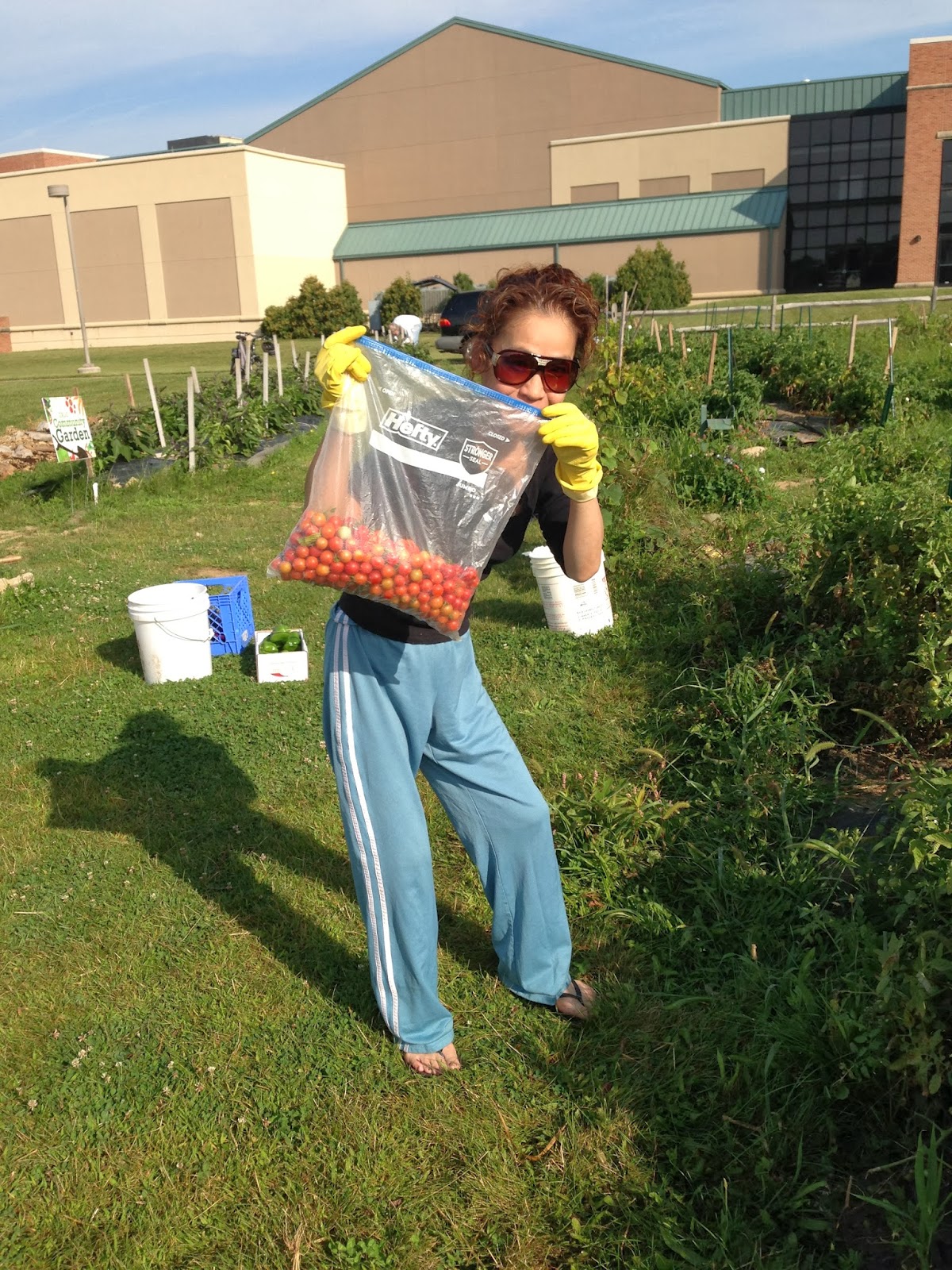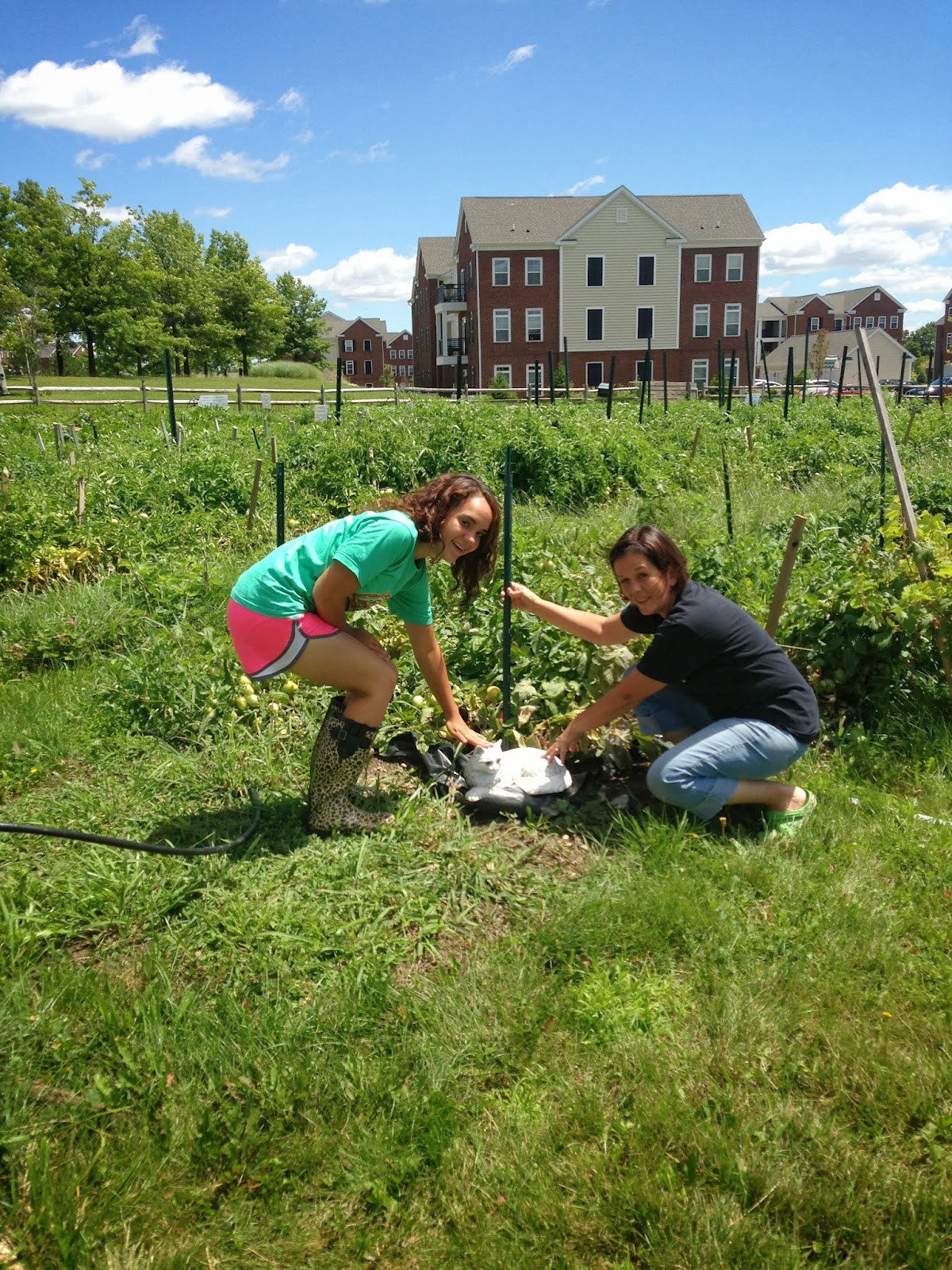“Jesus said to his disciples:
‘I
am the true vine, and my Father is the gardener. 2 He cuts away every branch of mine that
doesn’t produce fruit.’”
A
couple more thoughts on the highlighted portion of verse 2.
First,
God does not take that action lightly, but gives folks a chance, and help, to
become fruitful before he moves them out of the way. We can infer that from the
passages Jesus seems to be drawing on and their context. Those passages are Psalm
80, Isaiah
5, and Ezekiel
15. They were written to warn Israel that God had lost patience with them
and that they would be set aside. When were they written? After long periods of
disobedience and multiple warnings. Jesus’
teaching in Luke
13:6-9 also reflects that principle. God does not want to set believers
aside--He would much prefer them to bear fruit--so He gives them multiple chances
to be fruitful before He stops using them.
Once
again, that principle is illustrated, albeit by rough analogy, in our garden.
There have been times when particular crops failed to produce. Our initial
reaction is to give them more attention, not to till them under. It is only
after we’ve tried everything we know to turn them around that we till them in.
Why? Because their failure hurts others (the folks that would have been fed by
that bed’s production) and we want to do all we can to avoid that. I suspect
that God approaches individual believers’ unfruitfulness the same way.
Second,
the action is self-imposed. It only happens when believers themselves make the choice not to pursue fruitfulness. God gives each of us multiple chances and 1
John 1:8-2:2 tells us that the door to forgiveness is always open. It is
only when a believer fails to walk through that door that God will move that person
out of the way.

















